Introduction
Rilutek, also known by its generic name Riluzole, is a medication that has brought hope and relief to countless individuals facing the debilitating effects of Amyotrophic Lateral Sclerosis (ALS), a progressive neurodegenerative disease that affects nerve cells in the brain and spinal cord. This description explores the history, mechanism of action, therapeutic uses, side effects, and ongoing research related to Rilutek.
I. History of Rilutek
Riluzole, developed by Sanofi-Aventis, received its first approval for the treatment of ALS in 1995 by the United States Food and Drug Administration (FDA). It marked a significant milestone in the quest for ALS management, as there was no known cure for this devastating disease at that time. Rilutek’s approval was followed by its introduction to the European and other international markets, providing hope to ALS patients worldwide.
II. Mechanism of Action
Rilutek’s mechanism of action in ALS remains a subject of ongoing research, but its primary function revolves around modulating the release of the neurotransmitter glutamate in the brain and spinal cord. In ALS, excessive glutamate release leads to the overstimulation of nerve cells, causing cell damage and ultimately cell death. Rilutek acts to reduce this glutamate-induced toxicity, potentially slowing down the progression of the disease.
III. Therapeutic Uses
- ALS Treatment: The primary and most well-known use of Rilutek is in the treatment of Amyotrophic Lateral Sclerosis. It is the first medication approved specifically for ALS therapy. By slowing down disease progression, Rilutek can extend the lifespan of individuals diagnosed with ALS, though its effects vary from patient to patient.
- Experimental Applications: Beyond ALS, Rilutek has been investigated for its potential use in other neurological conditions, such as Alzheimer’s disease, multiple sclerosis, and depression. These exploratory studies aim to harness the drug’s neuroprotective properties for broader therapeutic applications.
IV. Administration and Dosage
Rilutek is typically administered orally in the form of tablets. The standard recommended dosage for ALS patients is 50 milligrams twice daily, taken with or without food. It is crucial for patients to follow their healthcare provider’s instructions and not exceed the prescribed dose, as overdose can lead to adverse effects.
V. Side Effects
Like all medications, Rilutek comes with a range of potential side effects. It’s important for patients and healthcare providers to weigh the benefits against the risks when considering its use. Common side effects may include:
- Nausea
- Dizziness
- Abdominal pain
- Weakness
- Headache
- Increased liver enzyme levels
More severe, albeit less common, side effects may include:
- Allergic reactions
- Liver problems
- Blood disorders
- Lung problems
Patients are advised to report any unusual or severe side effects to their healthcare provider promptly. Regular monitoring of liver function is often recommended while taking Rilutek due to its potential impact on the liver.
VI. Ongoing Research and Future Directions
Despite being a valuable medication in the management of ALS, Rilutek is not a cure, and its effects vary among patients. Therefore, research continues to explore more effective treatments for ALS and other neurodegenerative diseases. Some promising areas of investigation include:
- Gene Therapies: Researchers are exploring gene therapies that aim to correct genetic mutations associated with familial ALS, potentially addressing the root causes of the disease.
- Stem Cell Therapies: Stem cell research holds promise for replacing damaged motor neurons in ALS patients, potentially reversing the damage caused by the disease.
- Neuroprotective Agents: Scientists are developing new neuroprotective agents that may prove more effective than Rilutek in slowing or halting the progression of ALS.
- Precision Medicine: Advancements in understanding the genetic and molecular underpinnings of ALS may lead to more targeted and personalized treatments.
VII. Conclusion
Rilutek, or Riluzole, has played a pivotal role in the fight against Amyotrophic Lateral Sclerosis since its approval nearly three decades ago. It represents a critical tool in the management of a disease that continues to challenge the medical community. While Rilutek’s mechanism of action and efficacy vary among individuals, it remains a beacon of hope for those affected by ALS, offering the possibility of extending their quality of life and time with loved ones. As research progresses, it is hoped that newer and more effective treatments will emerge, ultimately bringing us closer to a future without the devastating impact of ALS. Until then, Rilutek stands as a testament to the power of pharmaceutical innovation and the unyielding determination of medical science to combat the most complex and devastating diseases.

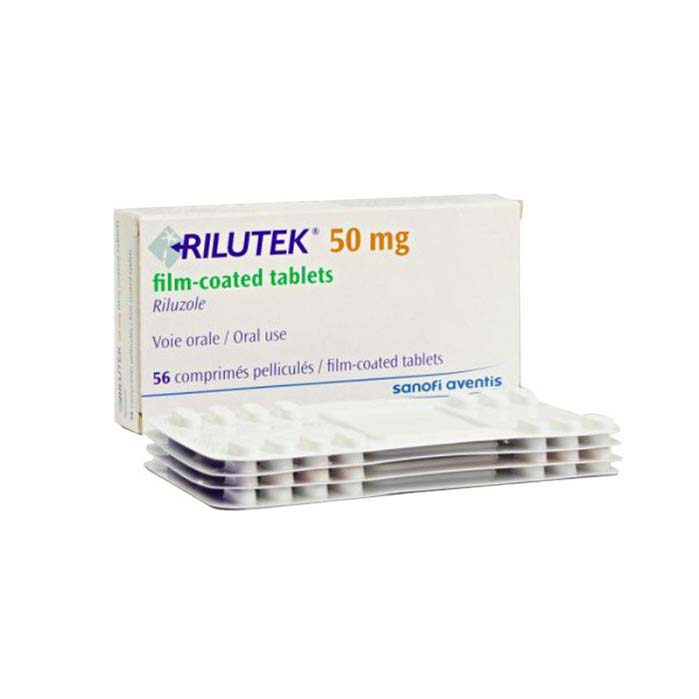
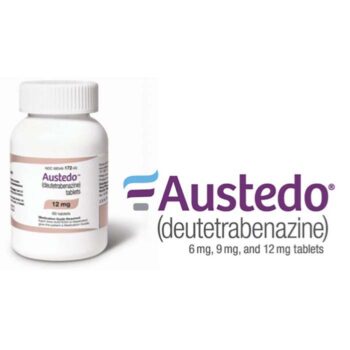
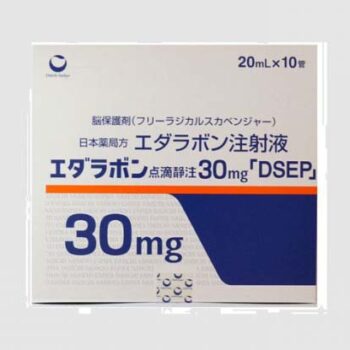

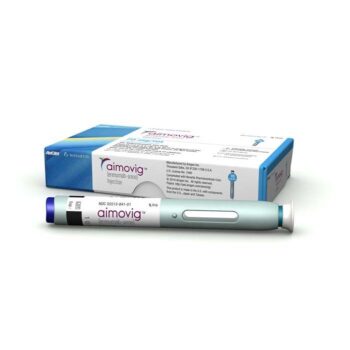
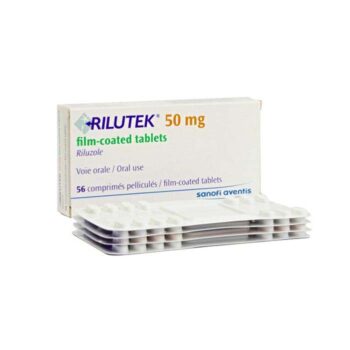
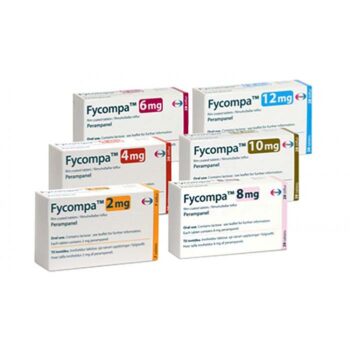
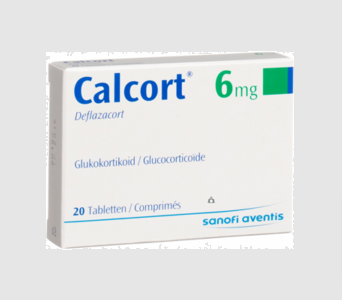


Reviews
There are no reviews yet.